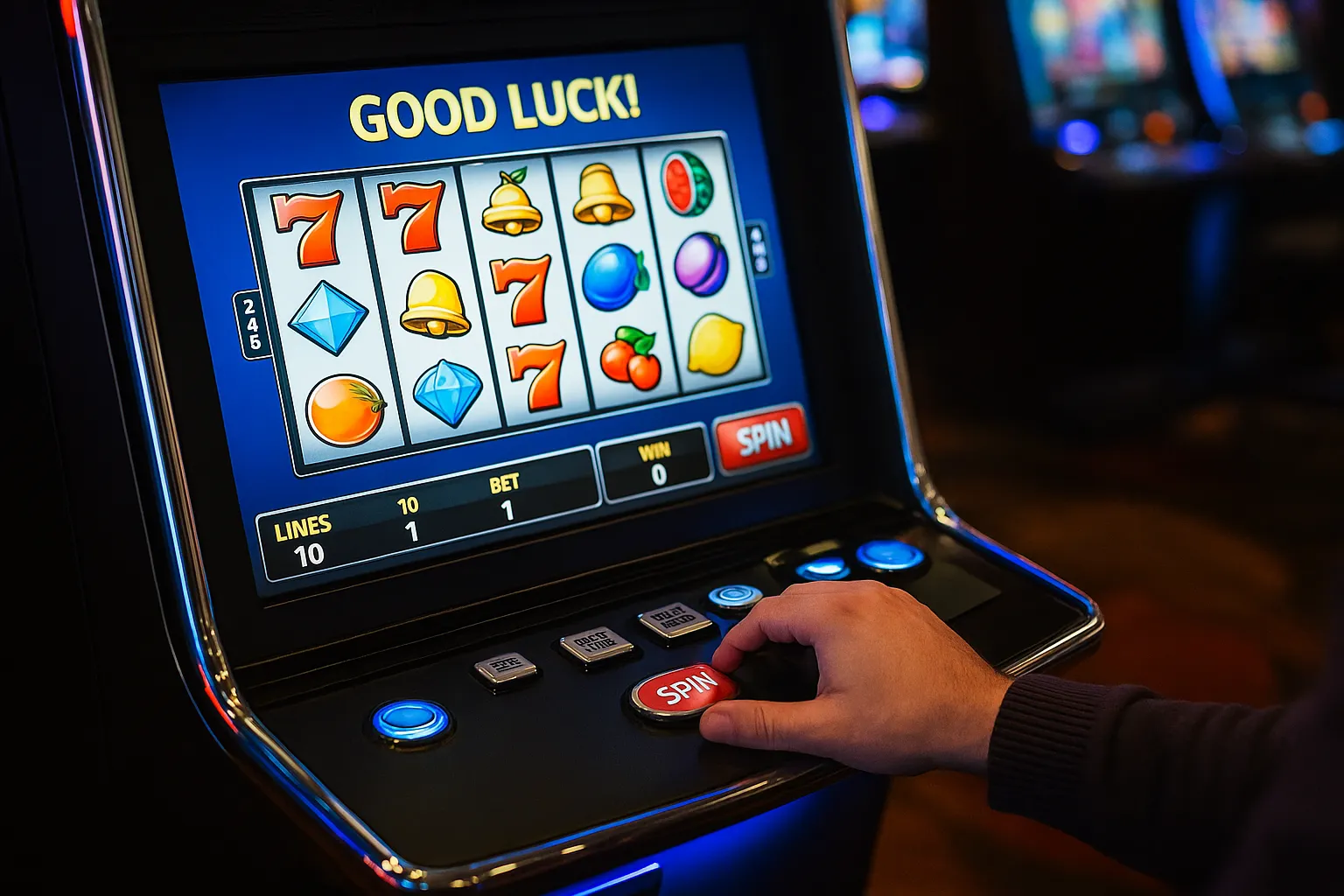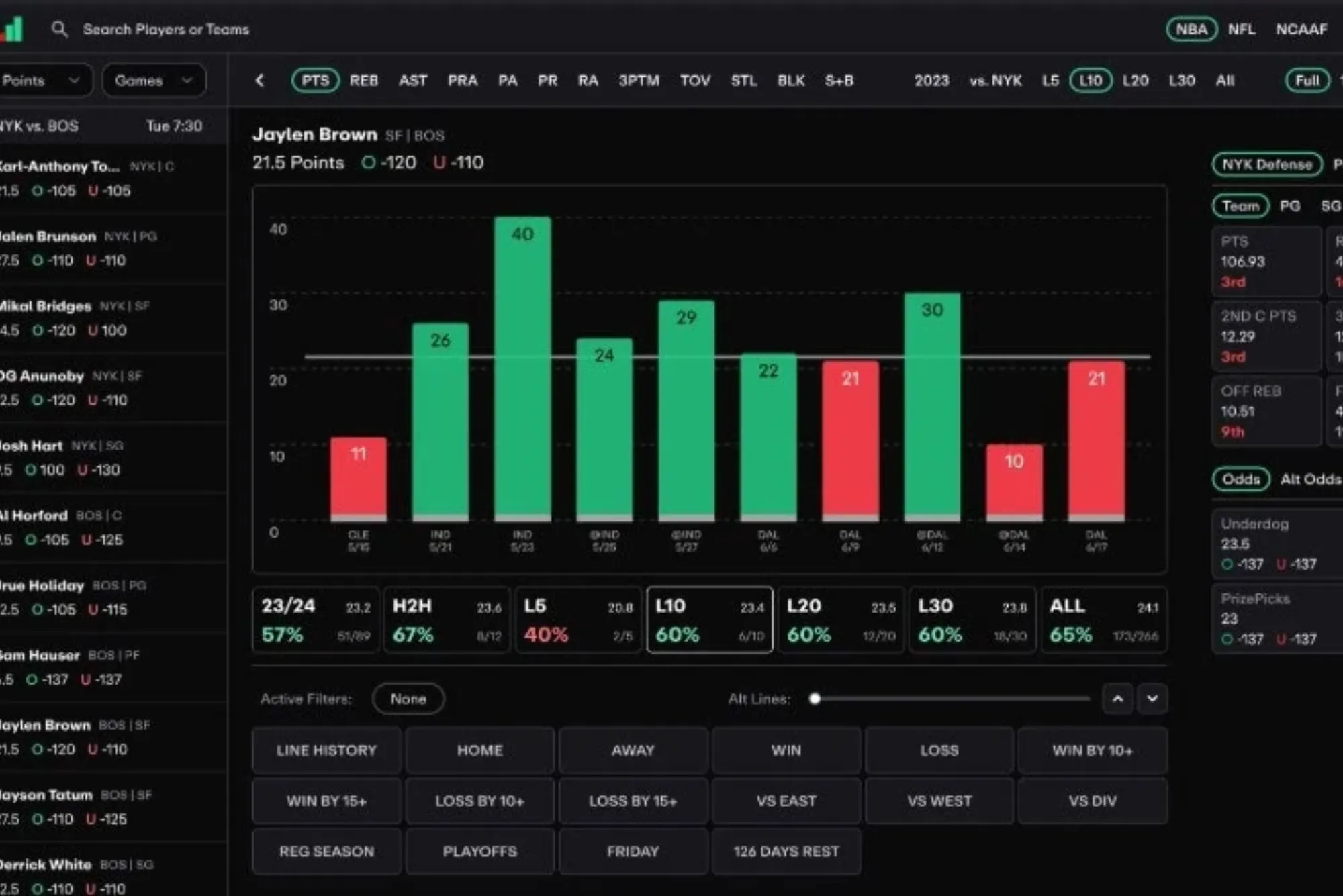Slot machines are among the most popular games in both land-based and online casinos. They’re simple to play, colorful, and packed with anticipation. But beneath the flashing lights and spinning reels lies a sophisticated system of mathematics and programming that determines every outcome. Players often wonder: is it pure chance, or do slot algorithms secretly control when you win or lose?
As someone who has explored this world deeply, both as a player and as a researcher of casino mechanics, I can say that understanding how slot algorithms work is essential if you want to play responsibly and avoid common misconceptions.
The Myth of “Hot” and “Cold” Slots
One of the biggest misconceptions is that slot machines run on patterns. You might hear players saying a machine is “hot” (ready to pay out) or “cold” (unlikely to pay soon). In reality, modern slot outcomes are determined by Random Number Generators (RNGs).
These algorithms ensure that each spin is independent. That means whether you win or lose on your next spin has nothing to do with your last ten spins. Casinos design RNGs to create fairness and unpredictability, though the math behind them also guarantees the house keeps its edge. Some players prefer low-stake entry points, such as £1 deposit casinos, to experience how these algorithms play out without risking large sums.
Random Number Generators: The Brain Behind the Reels
At the core of every slot machine is the RNG, a program generating thousands of numbers per second. When you hit the spin button, the algorithm stops at a number that corresponds to a specific reel position.
This number decides what symbols you see and whether they form a winning combination. It’s important to understand that the moment you press “spin” is when the outcome is decided — not when the reels visually stop. The animation of reels spinning is just a presentation layer to make the experience exciting.
Return to Player (RTP) and House Edge
Another part of slot design is RTP, or Return to Player percentage. If a slot has an RTP of 96%, it means that over the long term, it will return £96 for every £100 wagered. However, this is calculated across millions of spins, not your individual session.
The house edge is built into the algorithm. Even if the outcomes are random, the mathematics ensures the casino has a consistent advantage over time. That’s why players might experience long dry spells, punctuated by occasional wins.
Volatility and Game Design
Not all slots behave the same way. Developers design games with different levels of volatility. Low-volatility slots pay out smaller, more frequent wins, while high-volatility slots might keep you spinning for ages before delivering a big jackpot.
This design is intentional. It shapes player experience by either offering steady entertainment or creating the thrill of chasing big wins. Understanding volatility helps players choose games that suit their risk tolerance and budget.
Bonus Features and Algorithmic Control
Many modern slots include bonus rounds, free spins, and mini-games. While these features add excitement, they’re also governed by the same RNG principles. The algorithm decides when bonuses trigger, often with probabilities much lower than regular wins.
Some games even adjust perceived frequency — showing “almost” wins or near misses — to create psychological tension. These design tricks don’t alter fairness but do affect how players perceive their chances.
Why Players Misinterpret Outcomes
Humans are wired to see patterns. When you’ve just had a long losing streak, it feels like a win is due. When you almost hit a jackpot, it feels like the machine is teasing you. In reality, each spin remains independent.
This misunderstanding leads to common myths, like believing that playing at certain times of day increases your odds or that betting higher stakes “unlocks” better chances. Slot algorithms simply don’t work that way.
Real-World Example of Algorithm Impact
A friend of mine once played a slot with a 97% RTP and hit a bonus round within the first 20 spins, walking away with a small profit. Excited by the win, he kept playing, assuming the machine was “on a roll.” Within an hour, his balance had vanished.
What happened? The initial win was just random luck. The algorithm wasn’t rewarding loyalty or punishing persistence; it was simply running thousands of random calculations per second, and probability caught up with him.
Responsible Play and Smarter Choices
Understanding how slot algorithms work empowers you to make smarter choices. Always remember that slots are designed for entertainment, not income. Treating wins as pleasant surprises rather than expected outcomes can prevent frustration.
If you’re new to online slots, starting small helps. Platforms that allow tiny deposits or low-stake bets make it easier to explore different slot mechanics without overspending. Recognizing the role of RNG, RTP, and volatility can turn slot play into a more informed and enjoyable experience.
Final Thoughts
Slot algorithms don’t decide when you win or lose in the sense of tracking your behavior. Instead, they operate on pure randomness governed by mathematical design. The outcome of each spin is independent, shaped by RNGs, RTP, and game volatility.
While casinos always hold the long-term edge, understanding the mechanics removes much of the mystery and myth around slot machines. For players, that knowledge is the difference between chasing illusions and enjoying the games responsibly.











